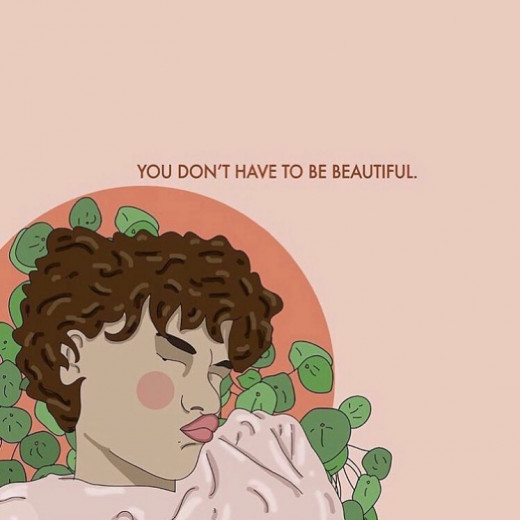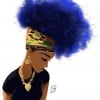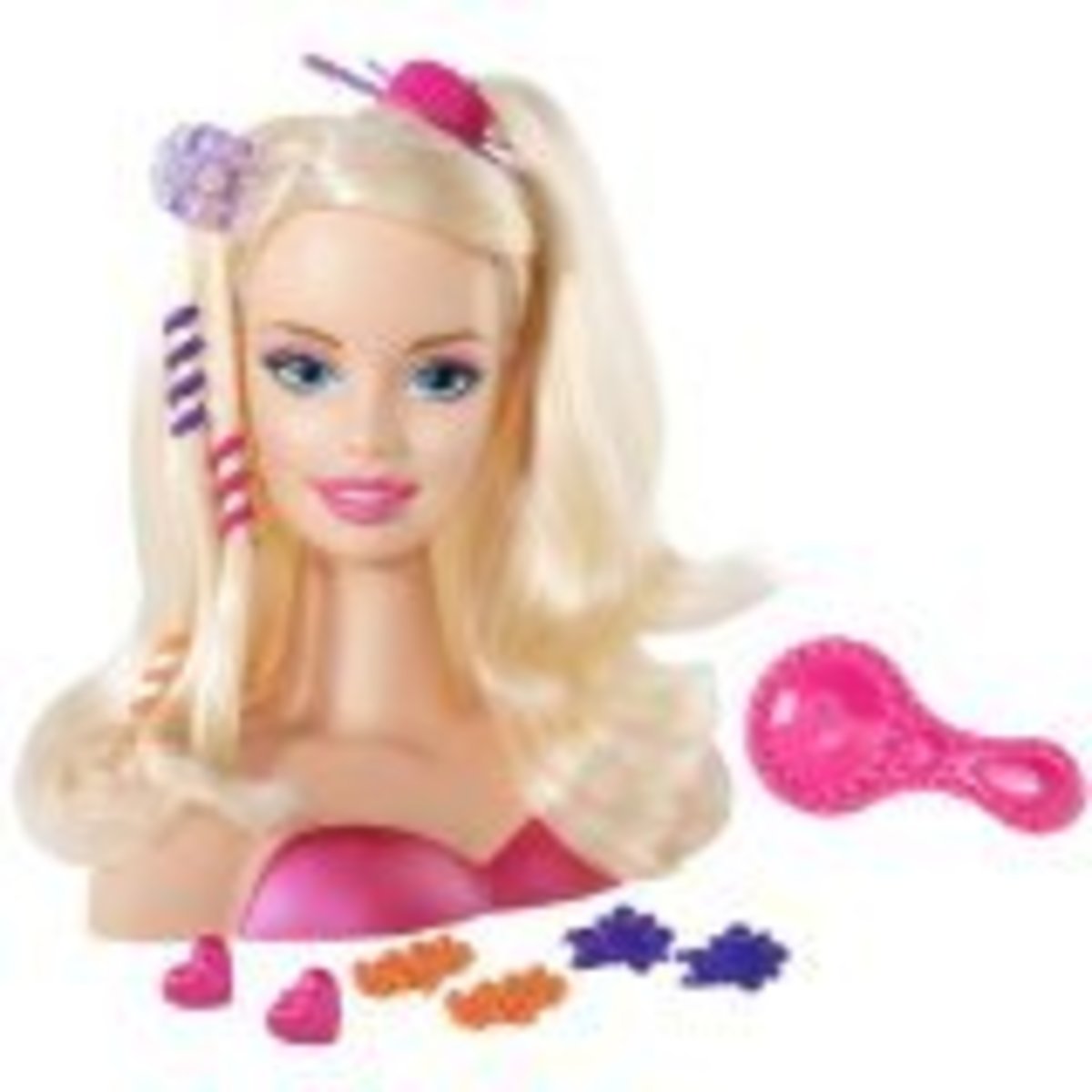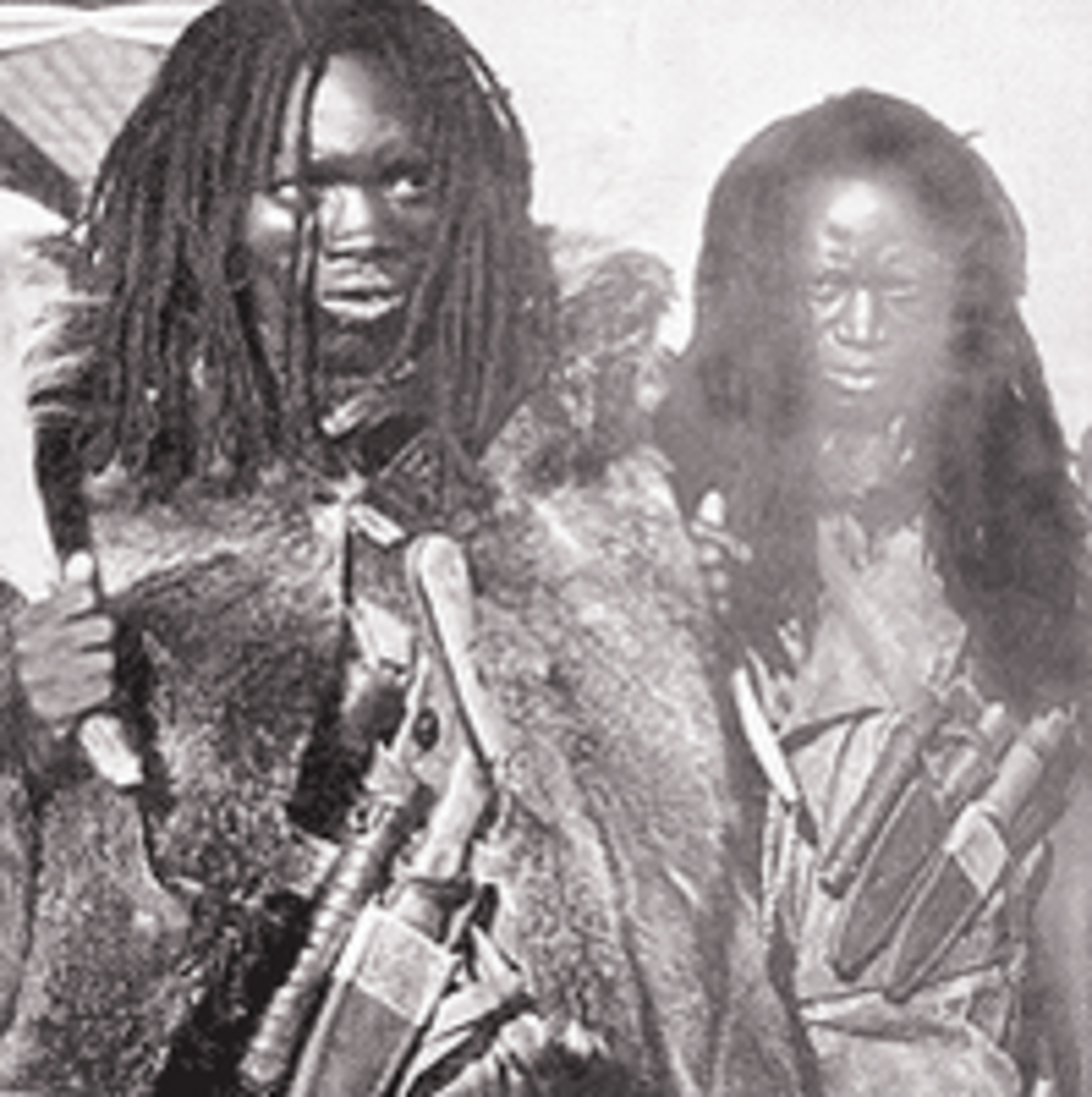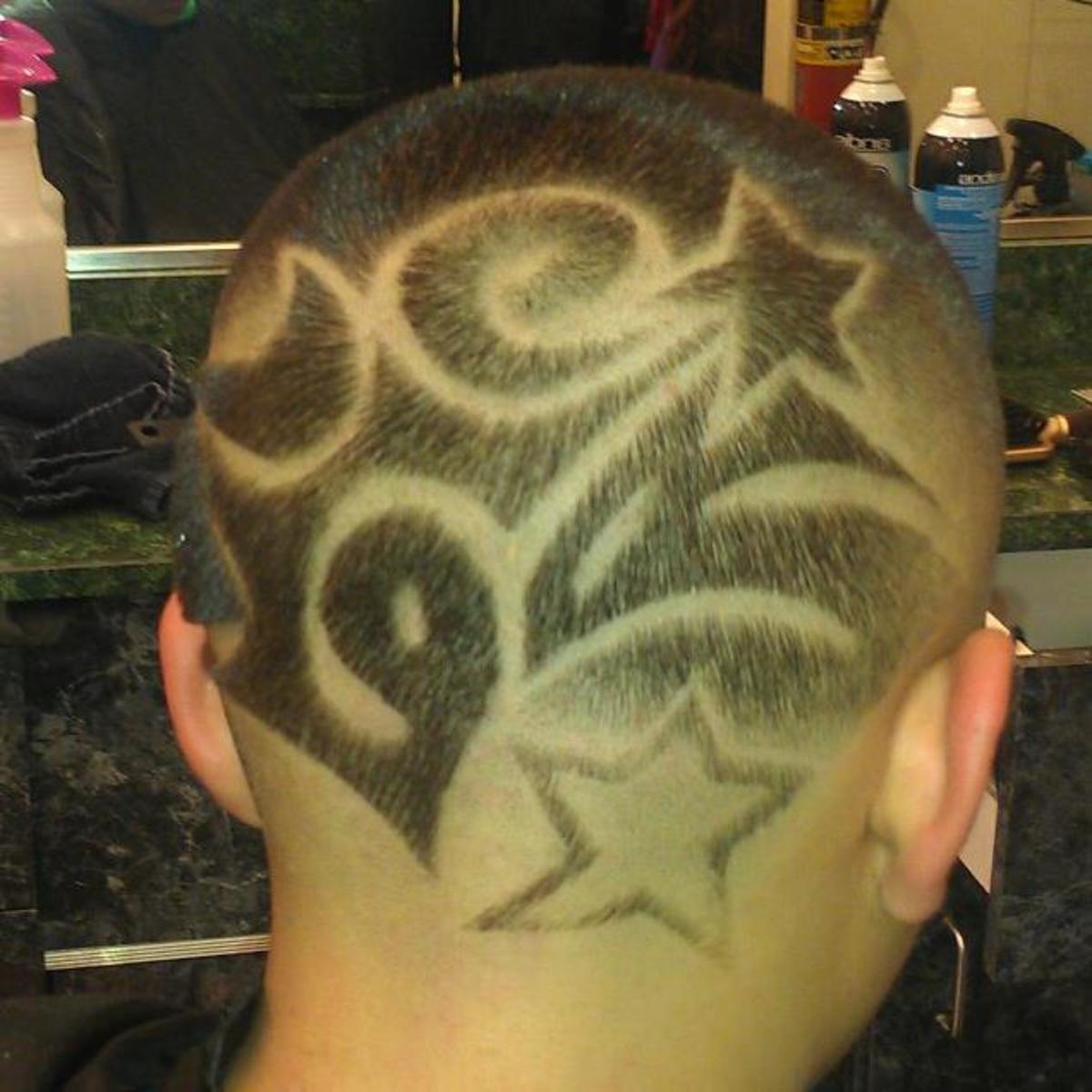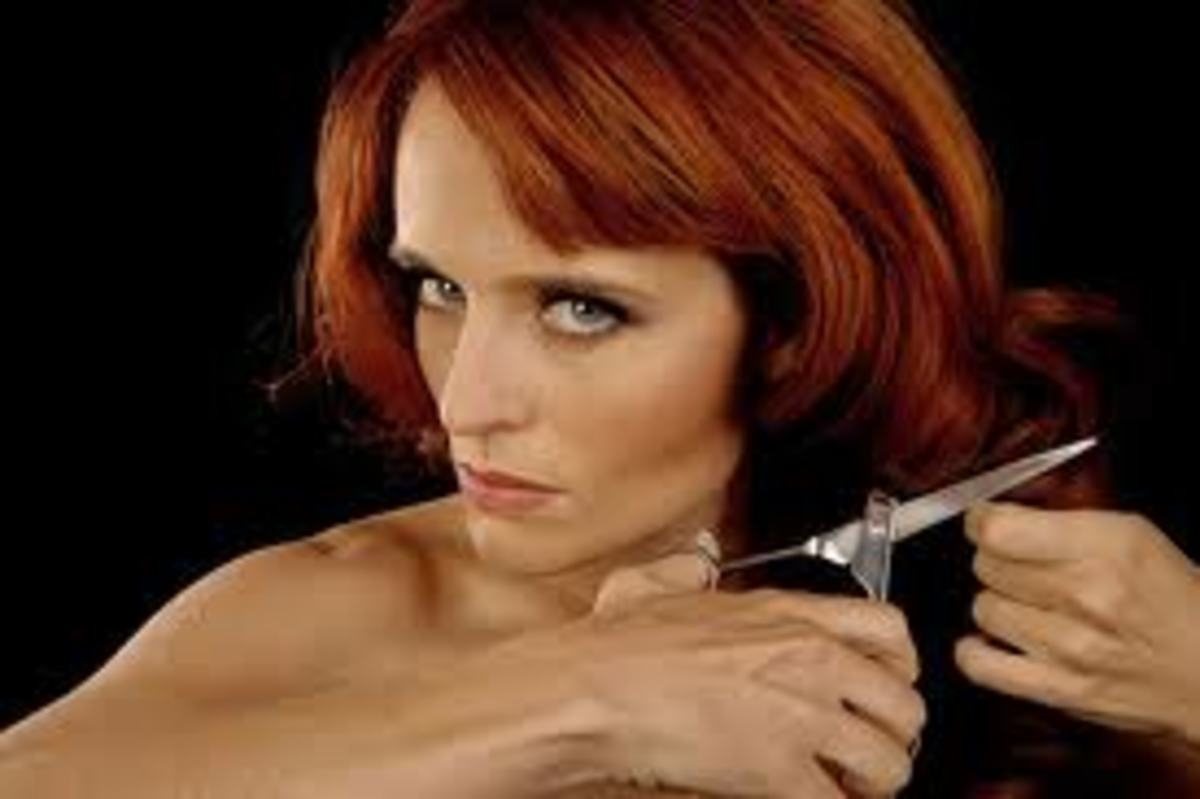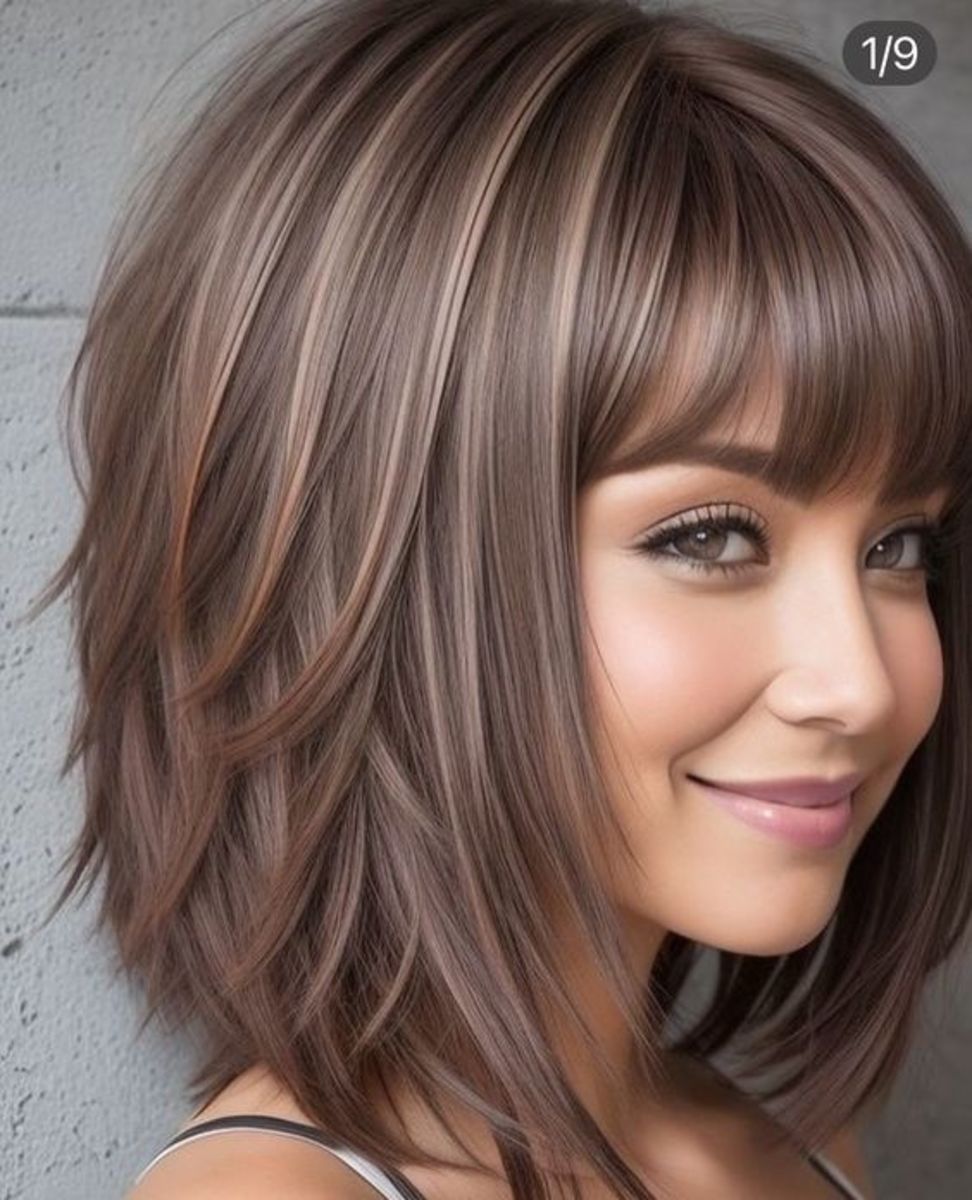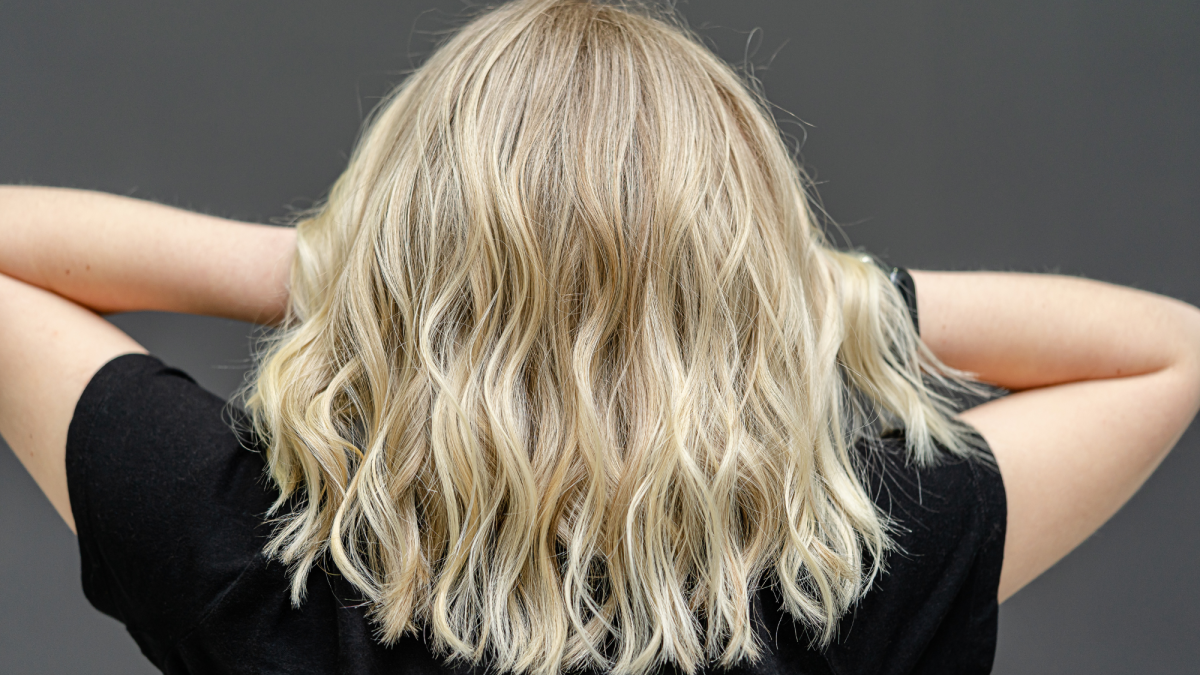Rapunzel, Rapunzel, Where Did Your Hair Go?
Exploring the relationship between my hair and my self-concept in a world that affects what it means to be comfortable with changing your appearance.
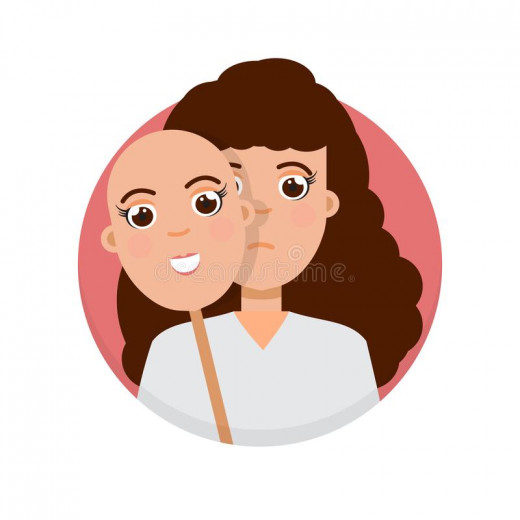
Have you ever had a feature people pay attention to? The one thing everyone always recognises you by? I had one of those: my hair. For a very long time, people knew me by my dreadlocks and moving to university didn't make it any better. The dreadlocks were my signature look and my most prized possession, so when I wanted to cut my hair off, it was a harder process than I could have ever imagined it would be - for more reasons than I expected.
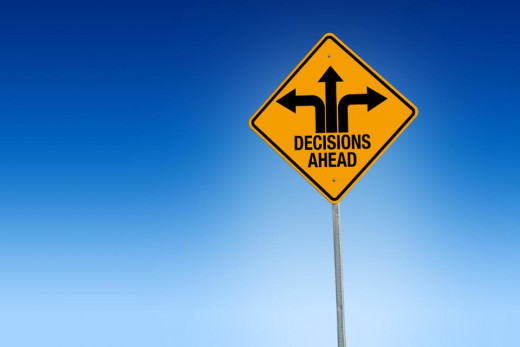
It felt like I would genuinely be losing something, like a piece of me would leave with my hair.
— Dintho-Tsohle KI remember telling people in passing that I was going to cut my hair, the gasps, the shock, the loud and sorrowful no's. For a while, these reactions were enough to get me to abandon my plans of proceeding with the big chop. It got to a point though, where I realised that there was much more at play than just the comments that people were making. It felt like I would genuinely be losing something, like a piece of me would leave with my hair. I'm definitely not Samson, my strength did not lie in my locs, but boy did it feel like I'd be committing the ultimate betrayal with a pair of scissors and a mirror. The question I ended up having to think about was what was actually making me nervous. I knew it wasn't the actual act of cutting my hair, but what could possibly come afterwards. There was a fear that I had associated with a loss of hair: the fear of feeling ugly. It sounds far fetched but the roots of this fear are easy to trace.
What it can end up conveying subconsciously is that your hair can only look nice if it is a certain type and a certain length - because that is where the majority of the representation falls.
— Dintho-Tsohle KAt some point, I began to automatically associate my hair and the compliments I was receiving about my hair with my sense of self-worth and my understanding of what contributed to making me beautiful. This, as I figured out, was problematic for many reasons, the most obvious one being the weight I had given people's opinions of my physical appearance to have on how I viewed myself. I had even gone as far as not cutting my hair, even though I wanted to, because other people had told me I wouldn't look nice. There also seems to be an unspoken line of thought in many young women that the longer your hair is, the better you look. For you to have a better understanding, I want to refer to specific period where a lot of people were cutting their relaxed hair/dreadlocks and joining the natural hair movement.
The face of that movement was completely dominated by people with big afros, which is beautiful, but most people didn't have long hair like that. What it can end up conveying subconsciously is that your hair can only look nice if it is a certain type and a certain length - because that is where the majority of the representation falls. Representation can easily influence standards. Even post cutting my hair, I was still subconsciously embarrassed of wearing my hair out. I had gone from mid back length, to shoulder length, to barely having hair at all. This internalisation of hair standards as a marker of beauty is also problematic for reasons beyond me deciding to cut my hair, but can affect people who have no control over hair loss in many negative ways. It seems to me that even though we, as a society, are progressing in a self-love direction, the internalisation of previous societal standards is hard to shake off. So how did I do it?
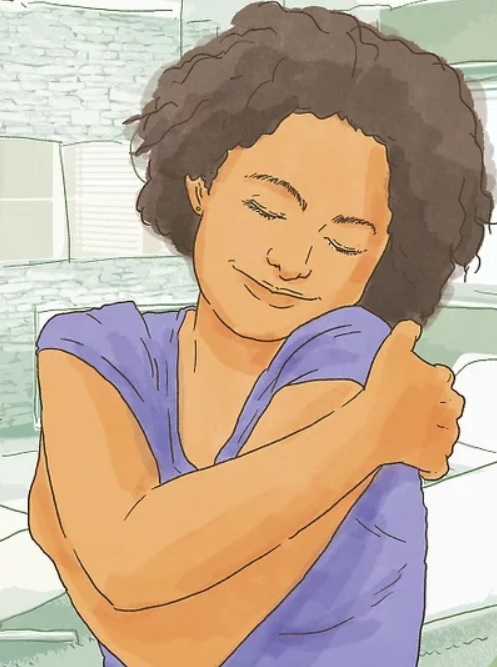
I wish this was the part of the article where I gave you the answers, but the truth is that there are none. Some people have a really easy time cutting and changing their hair and for some people, like myself, it feels like a mountain to climb when you've never even worked out a day in your life. I remember crying in the mirror as I was cutting my hair in the middle of the night, but looking back I don't regret it. Not because I think I look amazing, not because I think the short hair suits me, not because other people clapped at the transformation (they really did not. I was met, yet again, with a lot of shock, gasps and no's). I don't regret it because I did what I wanted to do. There is an exhilarating feeling that comes with doing something purely because you want to. I think that people are allowed to have opinions, but too often it seems people project their own fears and beliefs onto other people, and it can turn into a negative situation quite quickly when the person on the receiving end internalises those opinions. I was on this receiving end and I had internalised all of these standards and opinions that surround hair, particularly natural black hair, to the point where I'd built a portion of my self-value around it. This leads me to the final thing worth considering: whether or not it's possible to unlearn all of the things you've internalised as a standard for yourself.
Whatever it means to someone else to be beautiful is none of your concern.
— Dintho-Tsohle KI think that unlearning things, particularly beauty standards is extremely hard. It's not just your own opinions that you have to work on, you also have to work on not allowing other people's opinions to constantly change how you feel about yourself. I know, it's much harder than that sentence makes it sound. Unfortunately it goes beyond hair. Body image is a major part of beauty standards, but previous standards are slowly changing and becoming more inclusive, which is a good thing. However, I don't advise anyone to hold their breath waiting for the standards to change, you'll die before the world gives you a space. Instead, under the advice of Zozibini Tunzi, take up space. Make your own space. And if you ever want to change your hair, remember that what makes you beautiful is more than a sum total of what other people like about looking at you. Whatever it means to someone else to be beautiful is none of your concern. If you want to shave your hair off, do it. If dyeing your hair makes you feel alive, do it. People will always have something to say, but the bottom line of what I learned is that the opinion I value most about my own hair is mine.
